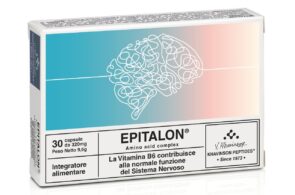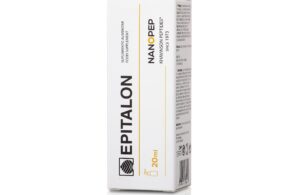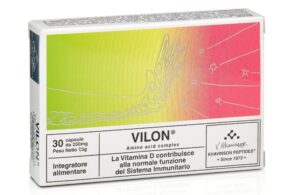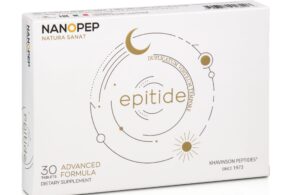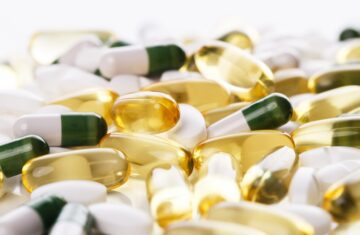Role Of Peptides & Proteins In Medical Research
- Proteins contains more than 50 amino acids
- Peptides have short amino acid chains compared to proteins
- Both proteins and peptides are largely used for clinical applications
Proteins and peptides are substances of natural or synthetic origin that are widely used to treat various pathological conditions or medical disorders.
What are the differences between these two classes of biological molecules? Basically, proteins and peptides are formed from the same elements, amino acids, and differ in size and function.
Proteins contains more than 50 amino acids
Proteins are macromolecules consisting of chains of amino acids (or residues) linked by a peptide bond. They constitute the most abundant class of organic molecules in all living organisms and account for 50 percent or more of their dry weight. Proteins are key molecules in numerous life processes, such as: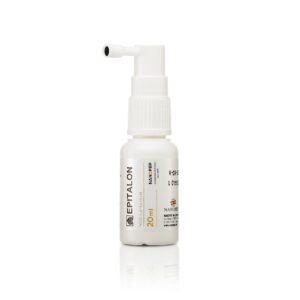
- DNA synthesis and replication
- Control of cell growth and differentiation
- Transport of molecules to cell membranes (carrier function)
- Signal transduction (i.e., phosphorylation catalyzed by protein kinases)
- Regulation of metabolic processes
- Immune protection
- Enzyme catalysis
- Generation and transmission of nerve impulses
Proteins also have structural or mechanical functions, such as actin and myosin in muscles and the proteins that make up the cytoskeleton, which form a structure that maintains the shape of the cell.
Proteins differ from each other mainly in their amino acid sequence, which depends on the sequence of nucleotides in genes and usually determines the folding of the protein and a specific three-dimensional structure that determines its activity. Normally, proteins are composed of more than 50 amino acids.
Peptides have short amino acid chains compared to proteins
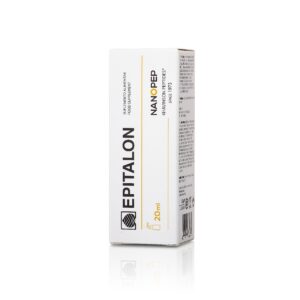
Peptides have a molecular weight of less than 5,000 daltons and consist of an extremely variable chain of amino acids joined together, like proteins, by a peptide bond. The shortest peptides are dipeptides, with only two amino acids; tripeptides and tetrapeptides consist of three and four amino acid residues, respectively. Peptides up to 50 amino acids are defined polypeptides.
Peptides include oxytocin, hypothalamic, glutathione, enkephalins, which are natural compounds, and synthetic peptides such as Epithalone and Vilone.
Recent discoveries of bioactive peptides have shown that they are capable of modulating physiological functions of the human and animal organism. Some peptides, called neuropeptides, function as chemical messengers and are generally bind to G-protein-coupled receptors.
These small biological molecules have many different tasks, including antihypertensive, immunomodulatory, antimicrobial and antiviral functions, and are able to strengthen the nervous system in general and combat disorders such as insomnia.
Both proteins and peptides are largely used for clinical applications
The development of protein and peptide-based drugs has made great progress in the past decade thanks to new manufacturing and analytical technologies.
In particular, peptides have been produced and modified by chemical and biological methods, along with new design and delivery strategies, which have contributed to the continuous progress of this field. A wide variety of natural and modified peptides have been obtained and studied, covering different therapeutic areas.
In the first half of the 20th century, several life-saving bioactive peptides, such as insulin and adrenocorticotrophic hormone were discovered, initially studied and isolated from natural sources. The discovery and development of insulin has been considered one of the monumental achievements in scientific research.
Short peptides have many different applications
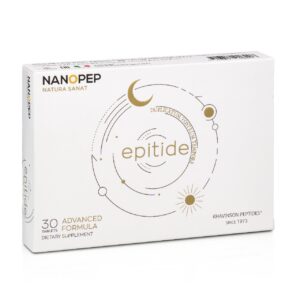 Many peptide drugs have been used in a wide range of therapeutic areas, such as urology, respiratory, pain, oncology, metabolism, cardiovascular, and antimicrobial applications, and also in the cosmetic field.
Many peptide drugs have been used in a wide range of therapeutic areas, such as urology, respiratory, pain, oncology, metabolism, cardiovascular, and antimicrobial applications, and also in the cosmetic field.
Enfuvirtide, for example, is a 36-amino acid biomimetic peptide that mimics human immunodeficiency virus (HIV) proteins, used in combination therapy for the treatment of HIV-1.
EPITALON® is a dietary supplement with multiple effects: it can slow aging and increase the production of melatonin, a hormone essential for regulating sleep-wake rhythm.
This product made from a natural peptide called Epithalamin, which is extracted from the pineal gland, four amino acids (alanine, glutamic acid, aspartic acid and glycine) and vitamins, can also boost immune defenses, has anti-cancer effects, regulates peroxide oxidation processes in brain tissue and is useful for improving reproductive function.
Most of the studies on short pepiteds have been conducted by the Institute of Bioregulation and Gerontology in St. Petersburg, Russia, directed by Professor Vladimir Khavinson.







